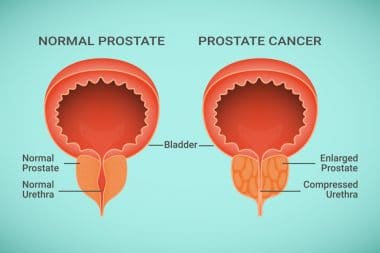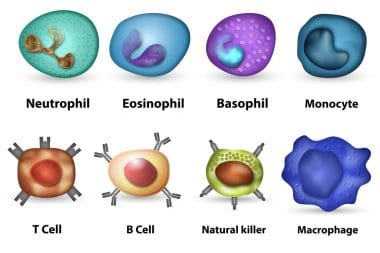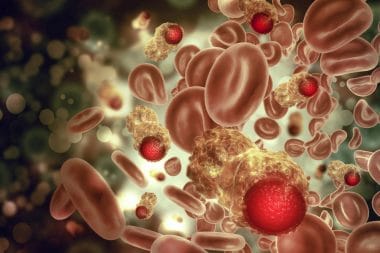March will be Colorectal Cancer awareness month. Everyone should be aware of the symptoms of this disease since with early detection it can be cured. If polyps are detected early, the cancer can actually be prevented.

Begin screening at age 50, sooner if you are at increased risk. This would be family history, smoking, sedentary lifestyle, low roughage diet, or a symptom that needs to be investigated.
Symptomology
- Bloody stool (even small amounts of blood should be investigated)
- Narrow stools (long, thin)
- Abdominal bloating and discomfort
- Feeling that your stool isn’t finished
- Weight loss
- Vomiting
- Lethargy
Colorectal risk increases with:
- Age ” “ especially in people over 50
- Smoking
- High body fat ” “ specifically in people who carry extra fat at the waist
- Sedentary lifestyle
- High alcohol consumption
- High meat consumption ” “ especially processed meat and red meat (this includes pork even though some refer to it as a white meat)
- Family history that includes polyps or colorectal cancer
- Ulcerative colitis
- Crohn’s disease
An overall, normal healthy lifestyle is considered a preventative measure against Colorectal Cancer. Regular exercise, diets high in vegetables and fruit, low alcohol consumption, and not smoking all provide protection against this disease. Of course, lifestyle is no guarantee, but your risk is decreased significantly.
Many early symptoms don’t get reported because patients either think the symptom is unimportant, or they are embarrassed to discuss the matter with their doctor. As the public is becoming more educated and aware, more polyps are detected early. Doctors should ask about these symptoms and discuss risks with their patients at checkup time. However, most doctors don’t take the time they should and are busy with increasing patient loads. In addition, most people don’t go in for a regular yearly checkup until something goes wrong.
In today’s healthcare environment, people need to do their homework and go to their doctor armed with knowledge. It may be uncomfortable to discuss a change in bowel movements with your doctor, but not nearly as uncomfortable as the treatments for Colorectal Cancer.








Reply